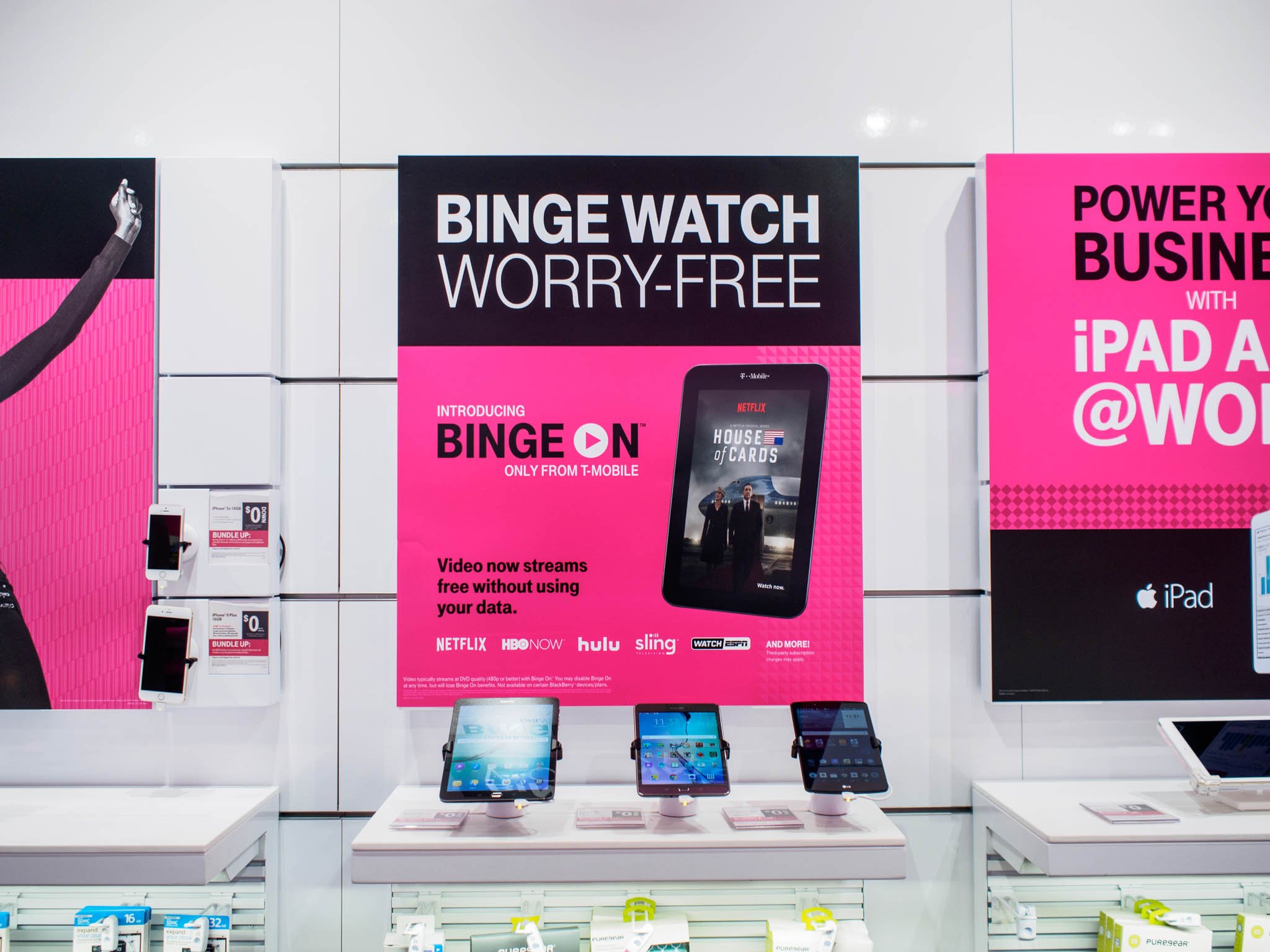FCC drops all inquiries into Binge On and other zero-rating programs
The FCC has dropped all inquiries into one of the most contested parts of net neutrality.

All the latest news, reviews, and guides for Windows and Xbox diehards.
You are now subscribed
Your newsletter sign-up was successful
As the FCC moves into a new era that, under new Chairman Ajit Pai, looks to cut down on regulations that purportedly impede innovation, it has reported that all inquires into sponsored data programs will be stopped.
Under Tom Wheeler, who former President Barack Obama appointed Chairman in 2013, the FCC began sending letters to the top U.S. network providers, including T-Mobile, AT&T and Verizon, on their use of "sponsored data programs" that either allowed companies to pay for the right to forgive the cost of certain blocks of traffic, or "zero-rate" traffic from an entire website or app.
T-Mobile has made this the most consumer-facing with its Binge On promotion, which under its new T-Mobile One plan doesn't count any video from most sources, including YouTube, towards one's monthly allotment. That video, however, is streamed at a lower bitrate than it otherwise would be, and preferences large media companies that have the power to negotiate deals with T-Mobile and its competition.
In a letter sent to the companies above, and a statement posted on its website, the FCC makes its intentions under this administration very clear:
Today, the Commission finally puts an end to the past Commission's zero-rating inquiries and recommits to permissionless innovation. While this is just a first step, these companies, and others, can now safely invest in and introduce highly popular products and services without fear of Commission intervention based on newly invented legal theories.
That it "recommits to permissionless innovation" is a good thing for consumers in its eye, but the language around "just a first step" implies that under Pai, the FCC will dismantle Title II and the net neutrality clauses that are held within it.
All the latest news, reviews, and guides for Windows and Xbox diehards.

Daniel is a Former Windows Central Podcast host.
